Brainhacker: Boost Your Brainpower Today

Brainhacker: Unlock Your Cognitive Potential
Brainhacking, also known as cognitive enhancement, is the deliberate application of techniques, tools, and technologies to optimize cognitive function, improve mental well-being, and achieve peak performance. It encompasses a wide array of practices, ranging from lifestyle adjustments and nutritional interventions to the use of nootropics and advanced neurotechnologies. As interest in self-optimization grows, understanding the landscape of brainhacking becomes crucial for individuals seeking to enhance their cognitive capabilities safely and effectively.
Defining the Brainhacker Mindset
Adopting the mindset of a brainhacker means approaching cognitive enhancement with a scientific, experimental, and ethical perspective. It involves actively seeking knowledge, systematically testing different approaches, and carefully monitoring results. Brainhackers prioritize long-term cognitive health and mental well-being, therefore, responsible practices are paramount.
Key Characteristics of a Brainhacker
Curiosity: A genuine interest in understanding how the brain works and exploring different methods of enhancement.
Experimentation: Willingness to try new techniques and technologies while closely monitoring their effects.
Data-Driven: Tracking cognitive performance and mental well-being to objectively assess the effectiveness of different interventions.
Ethical Awareness: Considering the potential risks and ethical implications of cognitive enhancement techniques.
Continuous Learning: Staying updated on the latest research and advancements in neuroscience and cognitive enhancement.
The Spectrum of Brainhacking Techniques
Brainhacking is not a one-size-fits-all approach. Instead, it encompasses a diverse range of techniques that can be tailored to individual needs and goals. These techniques can be broadly categorized into lifestyle optimization, nutritional interventions, cognitive training, nootropics, and neurotechnology.
Lifestyle Optimization
Lifestyle factors play a significant role in cognitive function and mental well-being. Optimizing these factors can provide a solid foundation for further cognitive enhancement efforts.
Sleep: Prioritizing sufficient sleep is crucial for memory consolidation, cognitive performance, and overall brain health. Aim for 7-9 hours of quality sleep per night. Implement sleep hygiene practices such as maintaining a consistent sleep schedule, creating a relaxing bedtime routine, and optimizing your sleep environment.
Exercise: Regular physical activity boosts blood flow to the brain, stimulates neurogenesis, and improves cognitive function. Aim for at least 150 minutes of moderate-intensity aerobic exercise or 75 minutes of vigorous-intensity aerobic exercise per week.
Stress Management: Chronic stress can impair cognitive function and damage brain cells. Implement stress management techniques such as mindfulness meditation, deep breathing exercises, yoga, or spending time in nature.
Mindfulness and Meditation: Practicing mindfulness and meditation can improve attention, focus, and emotional regulation. Numerous apps and online resources can guide you through different meditation techniques.
Social Connection: Maintaining strong social connections and engaging in meaningful social activities can improve mental well-being and cognitive function.
Nature Exposure: Spending time in nature has been shown to reduce stress, improve mood, and enhance cognitive performance.
Learning New Skills: Challenging the brain with new learning experiences can stimulate neuroplasticity and improve cognitive function. Consider learning a new language, musical instrument, or skill.
Nutritional Interventions
The brain requires specific nutrients to function optimally. Therefore, adopting a brain-healthy diet can significantly impact cognitive function and mental well-being.
Brain-Boosting Foods: Incorporate foods rich in antioxidants, omega-3 fatty acids, and other brain-healthy nutrients into your diet. Examples include fatty fish (salmon, tuna), blueberries, nuts, seeds, avocados, and leafy green vegetables.
Hydration: Dehydration can impair cognitive function. Aim to drink at least eight glasses of water per day.
Limit Processed Foods: Processed foods, sugary drinks, and unhealthy fats can negatively impact brain health. Therefore, minimize their consumption.
Intermittent Fasting: Some studies suggest that intermittent fasting may improve cognitive function and protect against neurodegenerative diseases.
Nutritional Supplements: Consider supplementing your diet with nutrients that are essential for brain health, such as omega-3 fatty acids, B vitamins, and magnesium.
Cognitive Training
Cognitive training exercises can improve specific cognitive skills, such as memory, attention, and processing speed.
Brain Training Games: Numerous brain training apps and websites offer a variety of games designed to improve cognitive skills. Examples include Lumosity, CogniFit, and Elevate.
Memory Techniques: Employ memory techniques such as mnemonics, spaced repetition, and the method of loci to improve memory retention and recall.
Attention Training: Practice attention training exercises such as focusing on a single object or listening to a complex piece of music.
Neurofeedback: Neurofeedback involves training individuals to control their brainwave activity. It can be used to improve attention, focus, and emotional regulation.
Nootropics
Nootropics, also known as “smart drugs,” are substances that can enhance cognitive function. These substances can range from natural compounds to synthetic drugs.
Caffeine and L-Theanine: A popular combination that provides a synergistic boost in focus and energy without the jitters often associated with caffeine alone. L-Theanine mitigates some of the negative effects of caffeine.

View Product
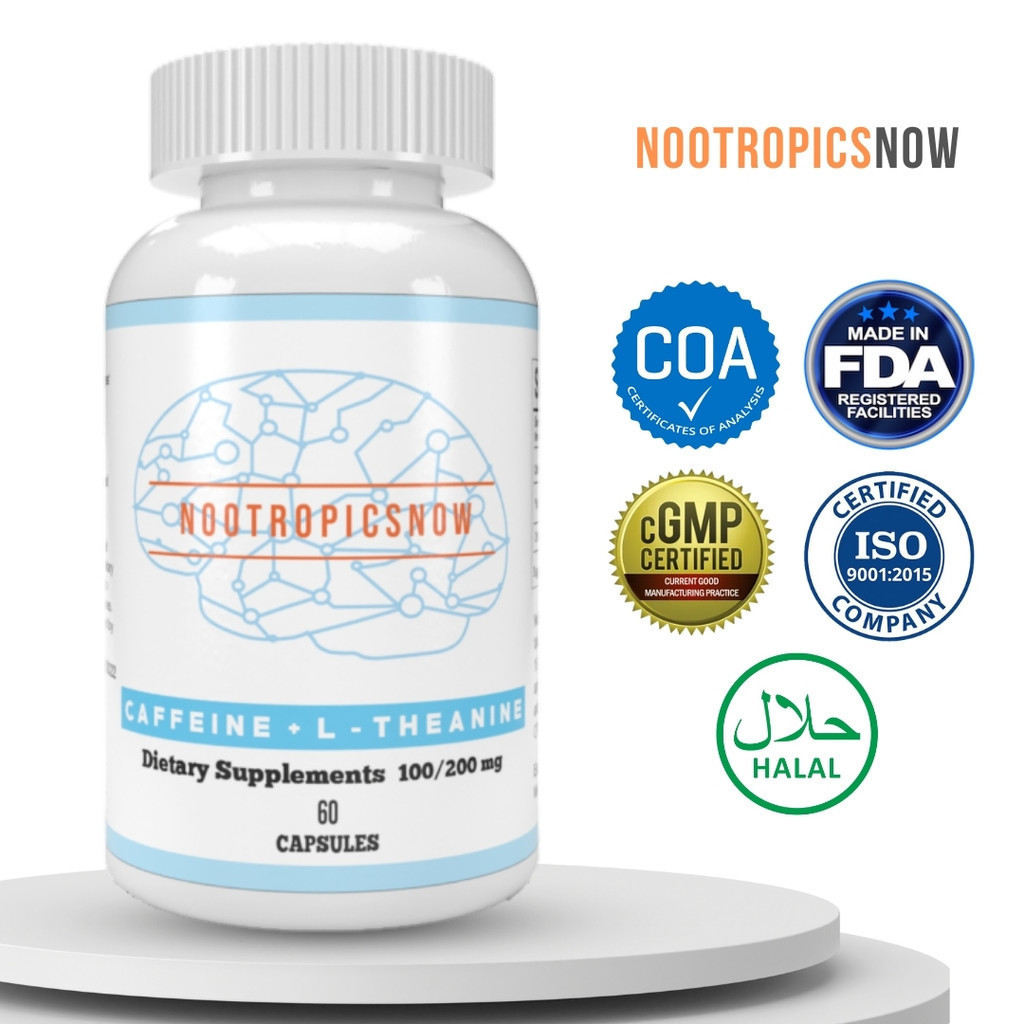
View Product

View Product
Creatine: Primarily known for its muscle-building properties, creatine can also improve cognitive function, particularly in tasks involving short-term memory and reasoning.
Bacopa Monnieri: An herb traditionally used in Ayurvedic medicine, bacopa monnieri may improve memory and cognitive function.

View Product
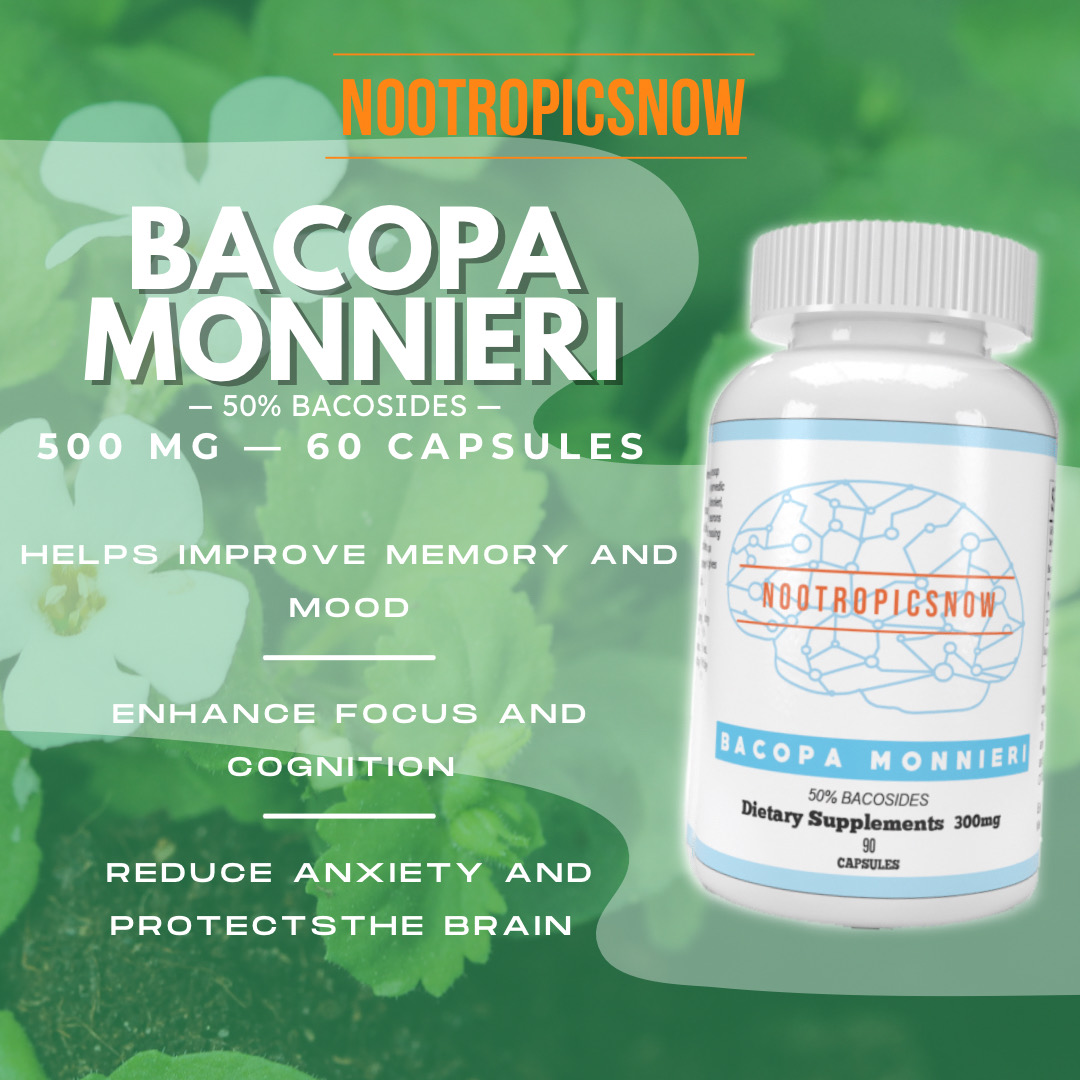
View Product
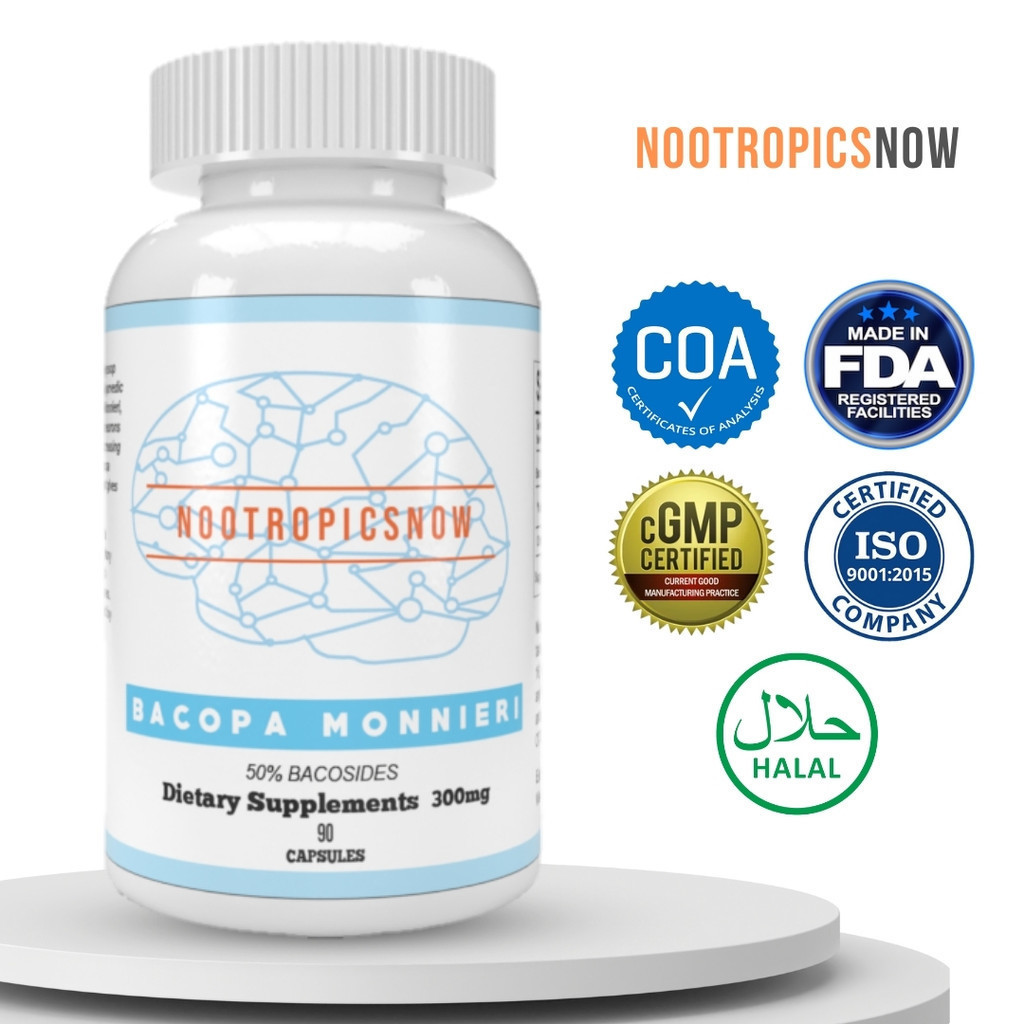
View Product

View Product
Lion’s Mane Mushroom: This medicinal mushroom has been shown to stimulate nerve growth factor (NGF) production, which can promote brain health and cognitive function.

View Product
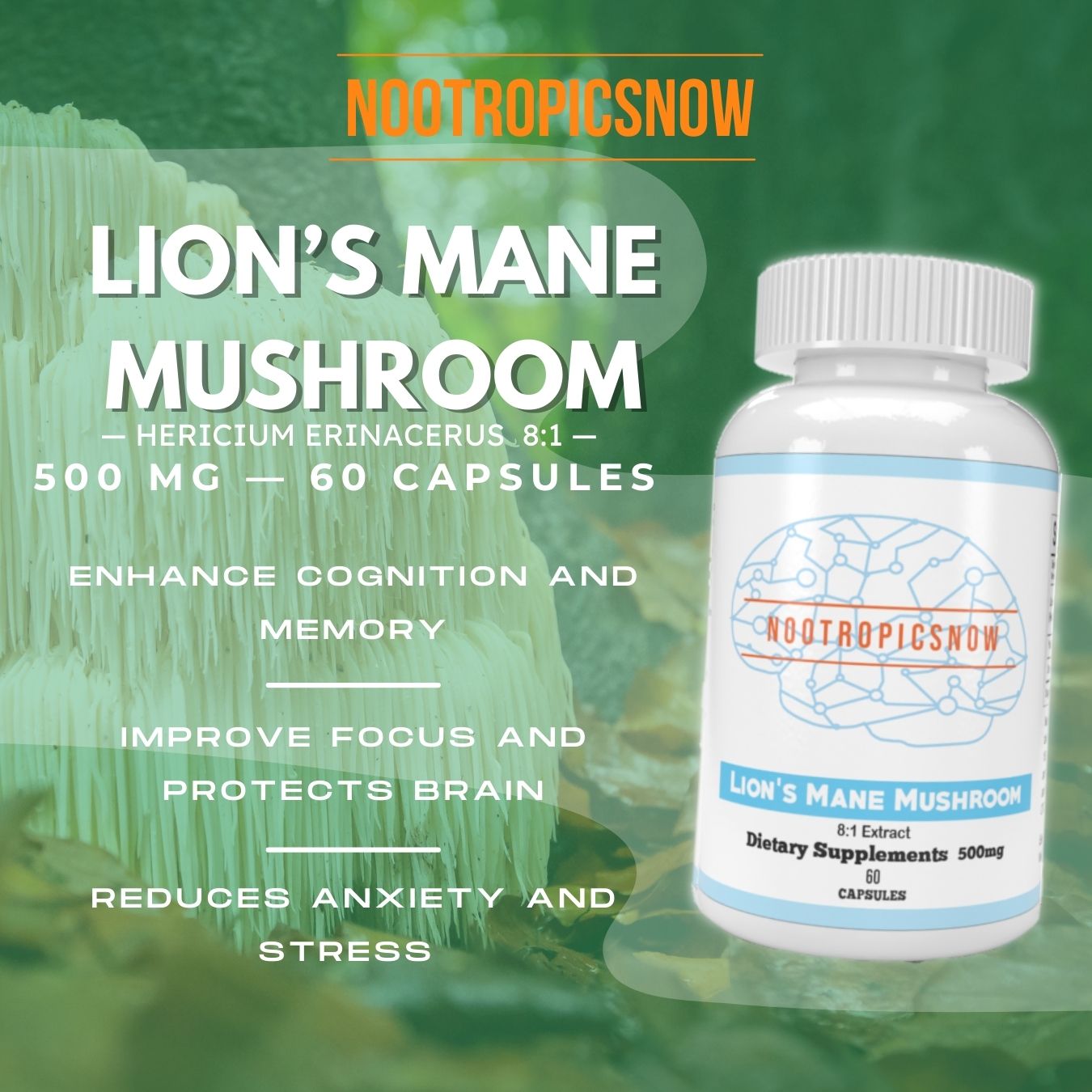
View Product
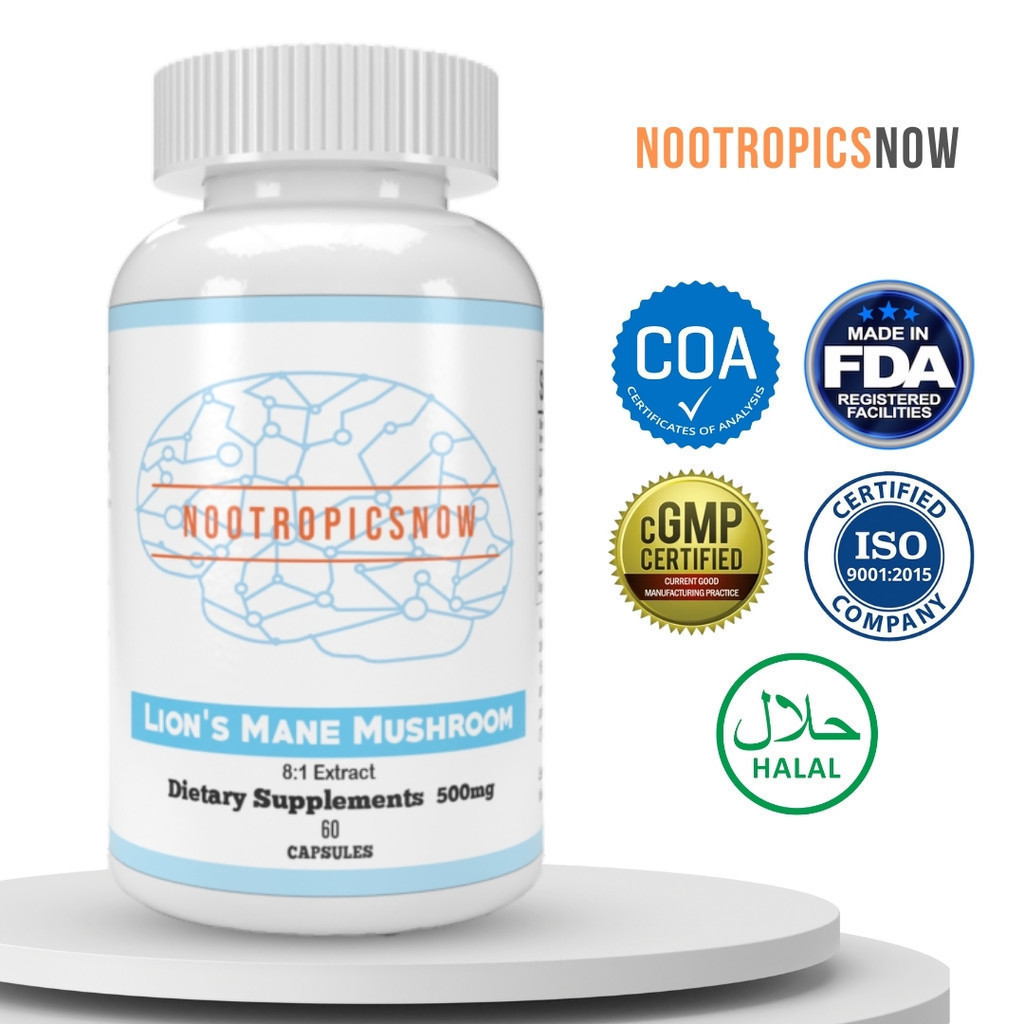
View Product

View Product
Rhodiola Rosea: An adaptogenic herb that can reduce stress, improve mood, and enhance mental performance.

View Product
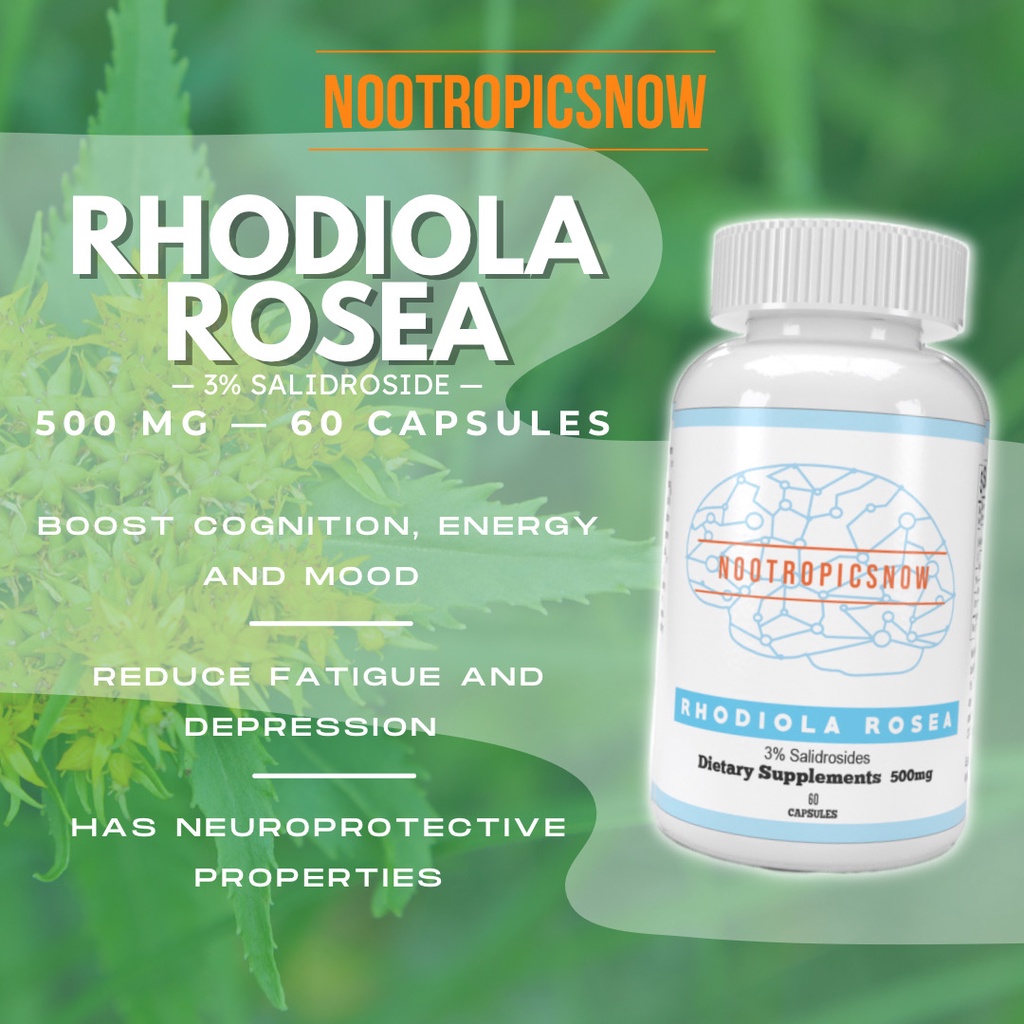
View Product-Nootropic-Brain-Booster-Motivation-Anxiety-Supplement-i.202321183.22514612143)

View Product
Alpha-GPC: A choline compound that supports acetylcholine production, a neurotransmitter important for memory and learning.

View Product

View Product
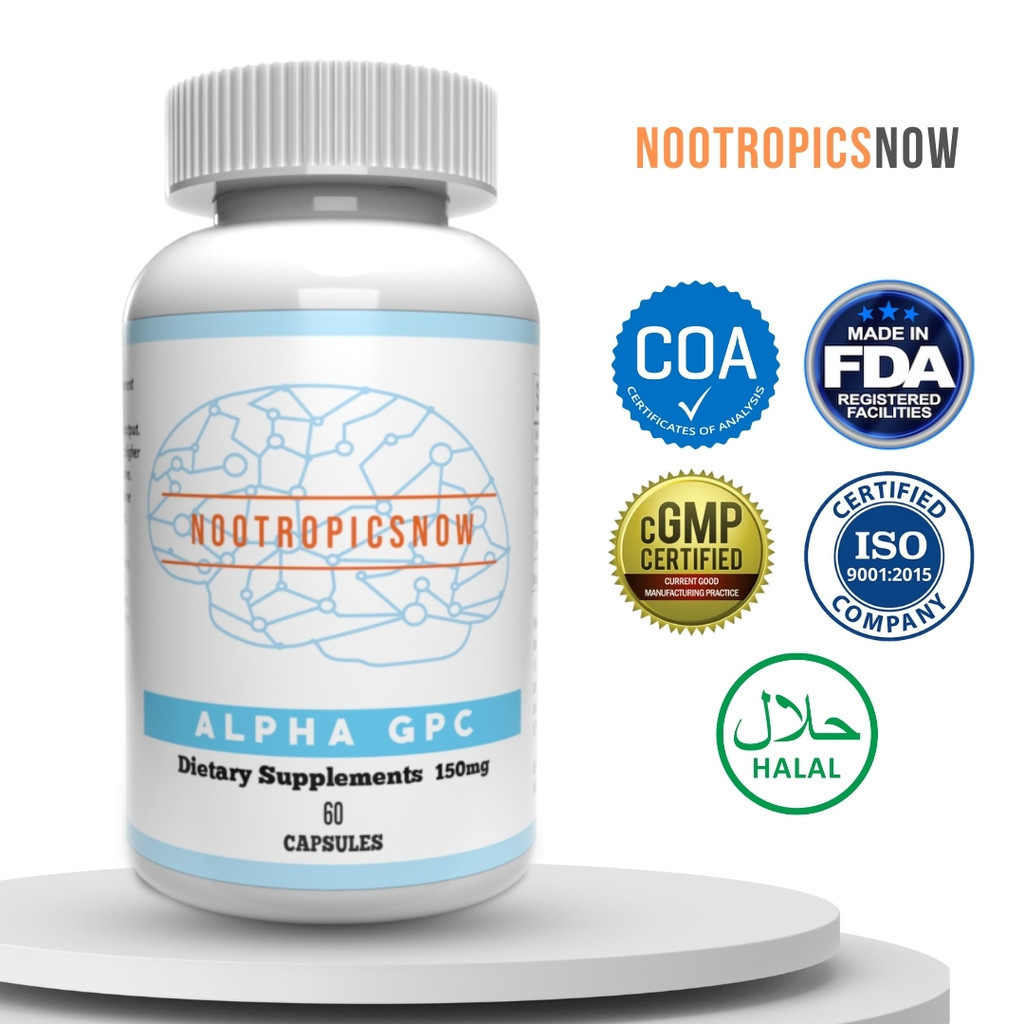
View Product

View Product
Piracetam: One of the first synthetic nootropics, piracetam may improve cognitive function and memory. However, research findings are mixed.
Modafinil: A prescription drug that promotes wakefulness and enhances cognitive function. It is commonly used to treat narcolepsy and other sleep disorders. It is important to consult a medical professional before use, as Modafinil also has side effects.

View Product
Noopept: A synthetic nootropic that may improve memory, learning, and focus.
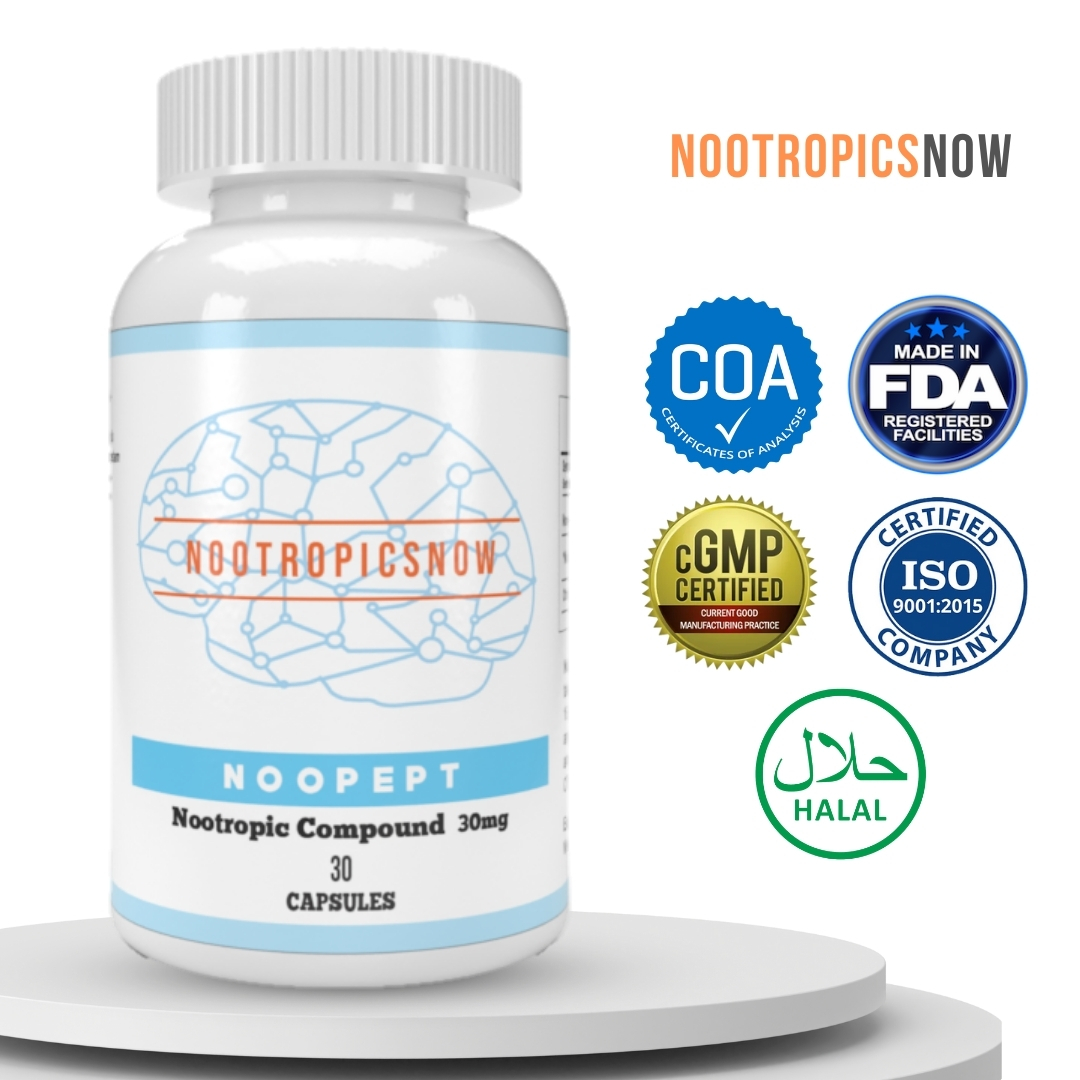
View Product
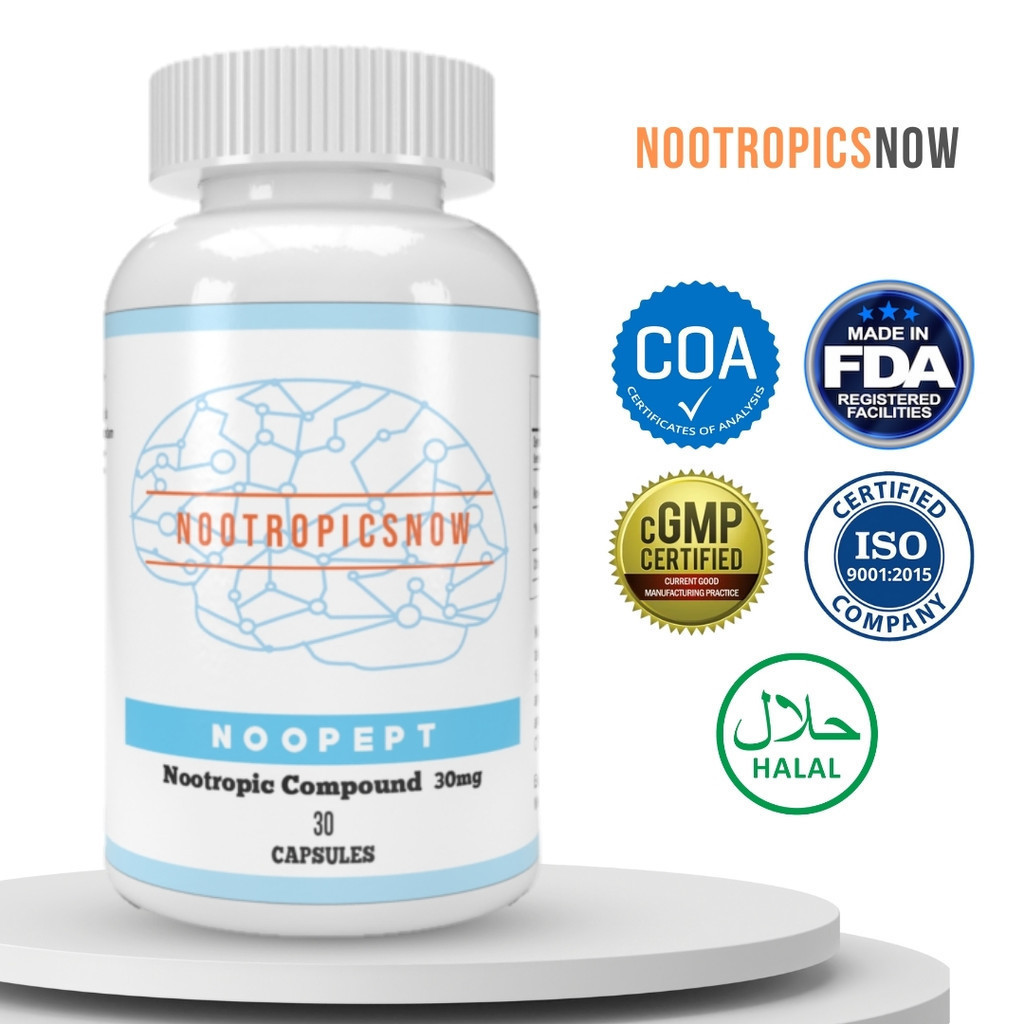
View Product

View Product
Neurotechnology
Neurotechnology involves using technology to interact with and modulate brain activity. This field is
Brainhacking: Optimizing Your Cognitive Potential
Brainhacking, in its simplest form, involves leveraging techniques and strategies to optimize cognitive function, enhance mental well-being, and unlock your brain’s full potential. It’s a proactive approach to neuroplasticity, actively reshaping your brain for improved performance, mood, and overall life satisfaction. This field draws from neuroscience, psychology, technology, and holistic wellness practices. Consequently, individuals seek to improve memory, focus, creativity, learning speed, and emotional regulation.
What Does It Mean to “Hack” Your Brain?
The term “brainhacking” might conjure images of futuristic implants and complex neuro-technologies. While these technologies are emerging, brainhacking primarily involves accessible, evidence-based methods to influence brain function positively. It’s about understanding how your brain works and then consciously implementing strategies to enhance its performance. Think of it as “biohacking” specifically tailored to the brain. It requires understanding your cognitive strengths and weaknesses. It also necessitates experimentation and consistent self-assessment to track the impact of different interventions.
The Scope of Brainhacking: Beyond Just Productivity
Brainhacking extends beyond simply increasing productivity or academic performance. It encompasses a holistic approach to mental well-being, including:
Cognitive Enhancement: Improving memory, focus, attention span, and learning abilities.
Emotional Regulation: Managing stress, anxiety, and mood swings.
Creativity and Innovation: Fostering new ideas and problem-solving skills.
Mental Resilience: Building the ability to cope with challenges and setbacks.
Slowing Cognitive Decline: Implementing strategies to maintain cognitive function with age.
Debunking Myths: Brainhacking is Not a Quick Fix
It’s crucial to dispel the notion that brainhacking offers instant results. Lasting cognitive improvements require dedication, consistency, and a personalized approach. Moreover, individuals should be wary of unsubstantiated claims and “miracle cures” often marketed within this field. Therefore, relying on evidence-based strategies and seeking professional guidance when needed is always best. Remember that building a resilient and optimized mind is a marathon, not a sprint. It’s a continuous process of learning, adapting, and refining your brainhacking techniques.
Key Brainhacking Strategies and Techniques
Numerous techniques fall under the umbrella of brainhacking. Each targets different aspects of cognitive function and emotional well-being. It’s essential to experiment and find a combination of strategies that best suits your individual needs and goals.
Lifestyle Optimization: Laying the Foundation for Brain Health
A healthy lifestyle forms the bedrock of effective brainhacking. Without proper nutrition, sleep, and physical activity, other brain-enhancing techniques will be less effective.
Nutrition: The brain requires a constant supply of energy and specific nutrients to function optimally. Consuming a balanced diet rich in fruits, vegetables, whole grains, and healthy fats provides the necessary fuel and building blocks for brain cells. Focus on incorporating brain-boosting foods like fatty fish (omega-3s), blueberries (antioxidants), and leafy greens (vitamins and minerals).
Sleep: Adequate sleep is crucial for memory consolidation, cognitive restoration, and overall brain health. Aim for 7-9 hours of quality sleep each night. Establish a consistent sleep schedule, create a relaxing bedtime routine, and optimize your sleep environment for darkness, quiet, and coolness.
Exercise: Regular physical activity increases blood flow to the brain, stimulates neurogenesis (the growth of new brain cells), and improves cognitive function. Aim for at least 30 minutes of moderate-intensity exercise most days of the week. Activities like running, swimming, and cycling are beneficial.
Hydration: Dehydration can impair cognitive function, leading to reduced alertness and focus. Drink plenty of water throughout the day to stay hydrated.
Cognitive Training: Sharpening Your Mental Skills
Cognitive training involves engaging in activities designed to challenge and improve specific cognitive skills, such as memory, attention, and problem-solving.
Brain Training Games: Numerous apps and websites offer brain training games designed to improve cognitive skills. Popular options include Lumosity, CogniFit, and Elevate. While the effectiveness of these games is still debated, some studies suggest they can improve specific cognitive abilities with consistent use.
Learning New Skills: Learning a new language, musical instrument, or other complex skill can stimulate neuroplasticity and enhance cognitive function. Challenging your brain with new information and experiences forces it to adapt and grow.
Mindfulness Meditation: Mindfulness meditation involves focusing on the present moment without judgment. It can improve attention span, reduce stress, and enhance emotional regulation. Regular meditation practice can lead to structural changes in the brain, particularly in areas associated with attention and emotional control.
Dual N-Back Training: The dual N-back task is a working memory training exercise that requires individuals to remember and track both visual and auditory stimuli. Some studies suggest that dual N-back training can improve fluid intelligence, a measure of problem-solving ability.
Nootropics and Supplements: Enhancing Brain Function with Substances
Nootropics, often called “smart drugs,” are substances that can enhance cognitive function. They can be synthetic or natural, and their effects vary depending on the specific compound. It’s crucial to research thoroughly and consult with a healthcare professional before using nootropics.
Caffeine and L-Theanine: This combination is a popular choice for improving focus and alertness without the jitters often associated with caffeine alone. L-theanine is an amino acid that promotes relaxation and can mitigate the anxiety-inducing effects of caffeine.

View Product

View Product
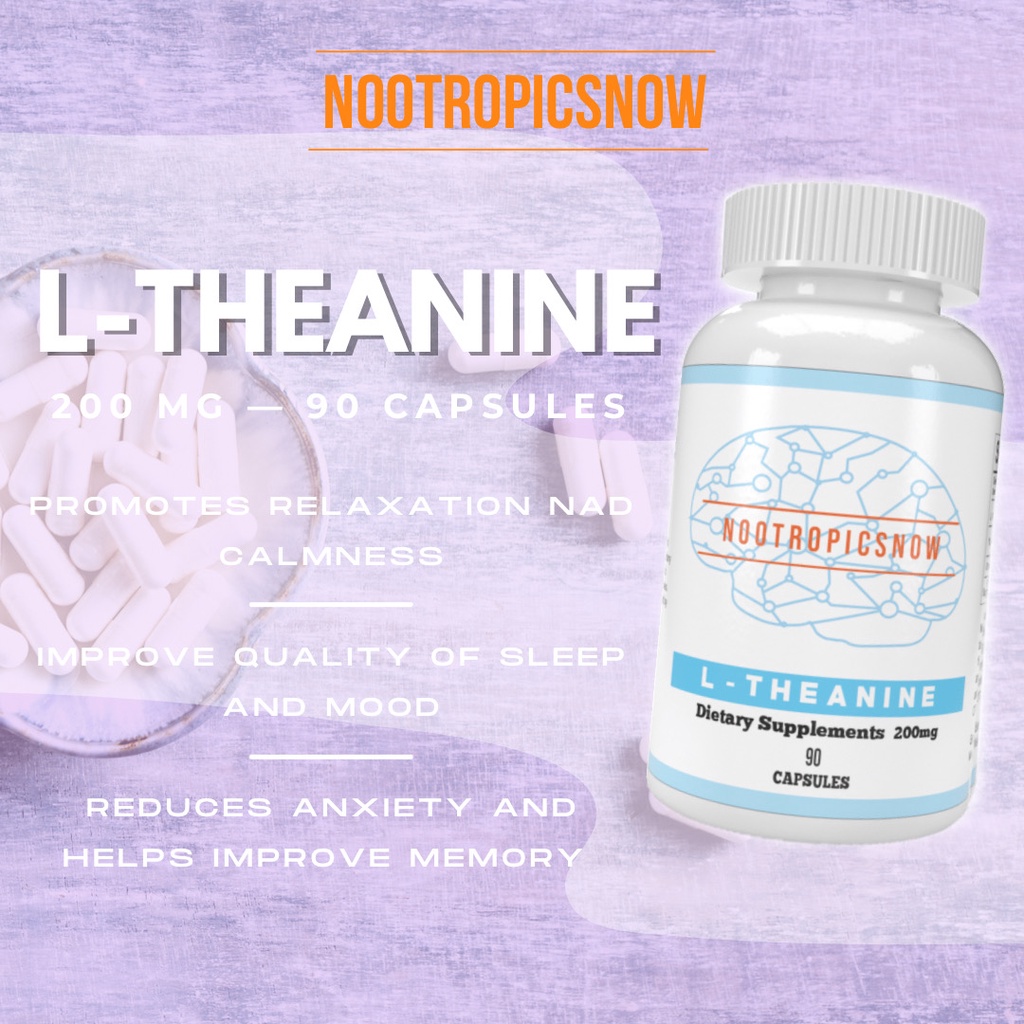
View Product-Nootropic-Brain-Support-Booster-Memory-Sleep-Supplement-i.202321183.5451568422)
Creatine: Creatine is commonly used as a supplement for muscle growth, but it can also improve cognitive function, particularly in tasks requiring short-term memory and reasoning.
Lion’s Mane Mushroom: This medicinal mushroom has been shown to stimulate nerve growth factor (NGF), a protein that promotes the growth and survival of nerve cells. Lion’s mane may improve memory, focus, and cognitive function. It is readily available on e-commerce platforms like Lazada in the Philippines.

View Product

View Product

View Product
Bacopa Monnieri: This Ayurvedic herb has been used for centuries to improve memory and cognitive function. It is believed to enhance synaptic communication and protect brain cells from damage. It is also easily accessible through online retailers like Lazada Philippines.

View Product

View Product

View Product
Modafinil: Modafinil is a prescription medication that promotes wakefulness and improves focus. While it’s not strictly a nootropic, it is often used off-label for cognitive enhancement. It is important to note Modafinil’s legal status varies by country.
Technology and Neurofeedback: Leveraging Tools for Brain Optimization
Emerging technologies offer new avenues for brainhacking, including neurofeedback and brain-computer interfaces.
Neurofeedback: Neurofeedback involves monitoring brainwave activity in real-time and providing feedback to the individual. This feedback allows them to learn to self-regulate their brainwave patterns, potentially improving attention, focus, and emotional regulation.
Brain-Computer Interfaces (BCIs): BCIs allow individuals to control external devices with their brain signals. While still in early stages of development, BCIs hold promise for treating neurological disorders and enhancing cognitive abilities.
Binaural Beats and Isochronic Tones: These auditory stimuli can influence brainwave activity and promote specific mental states, such as relaxation, focus, or sleep. They are available through various apps and online platforms.
The Ethical Landscape of Brainhacking
While brainhacking offers the potential for significant cognitive and personal benefits, it also raises ethical considerations.
Equity and Access: The accessibility of brainhacking technologies and techniques may be limited by socioeconomic factors, potentially exacerbating existing inequalities.
Coercion and Manipulation: Brainhacking techniques could be used to manipulate or coerce individuals, particularly in marketing or political contexts.
Authenticity and Identity: Enhancing cognitive abilities through brainhacking could raise questions about the nature of identity and authenticity.
Safety and Long-Term Effects: The long-term effects of some brainhacking techniques, particularly nootropics and neurotechnologies, are not fully understood.
Fairness and Competition: Cognitive enhancement could create an uneven playing field in academic, professional, and athletic competitions.
Brainhacking in the Philippines: Opportunities and Considerations
The Philippines presents a unique landscape for brainhacking. With increasing access to information and technology, Filipinos are becoming more interested in optimizing their cognitive potential. Nootropics and supplements are often available through online platforms like Lazada and Shopee. However, it’s crucial to approach brainhacking in the Philippines with awareness of the following:
Legality: The legal status of certain nootropics, particularly Modafinil, may vary. Check local regulations before purchasing or using any cognitive-enhancing substance.
Product Quality: Ensure you are purchasing from reputable sources to avoid counterfeit or contaminated products. Research the seller and read reviews before making a purchase.
Cultural Context: Consider the cultural context and social norms surrounding cognitive enhancement. Be mindful of potential stigma or misconceptions.
Accessibility: Access to certain brainhacking technologies and resources may be limited in some areas. Consider alternative techniques that are readily available and affordable.
Consultation with Professionals: Seek guidance from healthcare professionals or qualified experts before experimenting with nootropics or other brainhacking techniques, especially if you have underlying health conditions or are taking other medications.
Community Engagement: Join online communities or forums focused on brainhacking in the Philippines to connect with other individuals, share experiences, and learn from each other.
Building Your Brainhacking Toolkit: A Personalized Approach
Effective brainhacking requires a personalized approach. There is no one-size-fits-all solution. Experiment, track your results, and adapt your strategies to find what works best for you.
Assess Your Baseline: Identify your cognitive strengths and weaknesses. What areas do you want to improve? What are your cognitive goals?
Research and Experiment: Explore different brainhacking techniques and strategies. Start with lifestyle optimizations and gradually introduce other methods.
Track Your Progress: Keep a journal to document your experiences, dosage changes, and any side effects. Monitor your cognitive performance and emotional well-being.
Adapt and Refine: Adjust your strategies based on your progress and feedback. Be patient and persistent.
Seek Professional Guidance: Consult with a healthcare professional, cognitive therapist, or other qualified expert if you have any concerns or questions.
Prioritize Safety and Well-being: Always prioritize your safety and well-being. Avoid over-reliance on nootropics or other techniques. Take breaks and listen to your body.
The Future of Brainhacking: Beyond the Individual
Brainhacking is not just about individual optimization; it also has implications for society as a whole. As our understanding of the brain deepens and new technologies emerge, brainhacking could potentially:
Improve educational outcomes.
Enhance workplace productivity.
Treat neurological disorders.
Promote healthy aging.
Create new forms of art and expression.
However, it’s crucial to address the ethical challenges and ensure that brainhacking is used responsibly and equitably. By embracing a thoughtful and evidence-based approach, we can unlock the full potential of brainhacking to improve our lives and create a better future for all.
Practical Tips and Resources for Brainhacking in the Philippines
To make the most of your brainhacking journey in the Philippines, consider the following practical tips and resources:
Online Communities: Join Facebook groups, Reddit forums, and other online communities dedicated to nootropics and brainhacking in the Philippines.
Local Health Stores: Explore health stores and pharmacies in your area for natural supplements and vitamins that can support cognitive function.
Libraries and Online Resources: Access libraries and online resources for information on neuroscience, psychology, and brainhacking techniques.
Workshops and Seminars: Attend workshops and seminars on mindfulness, meditation, and other brain-enhancing practices.
Mobile Apps: Utilize mobile apps for brain training, meditation, sleep tracking, and other brain-related activities.
Budget-Friendly Options: Start with affordable brainhacking techniques like exercise, healthy eating, and mindfulness meditation.
Support Groups: Consider joining a support group for individuals interested in brainhacking to share experiences and learn from each other.
By combining knowledge, resources, and community support, you can effectively navigate the world of brainhacking in the Philippines and unlock your cognitive potential.




















